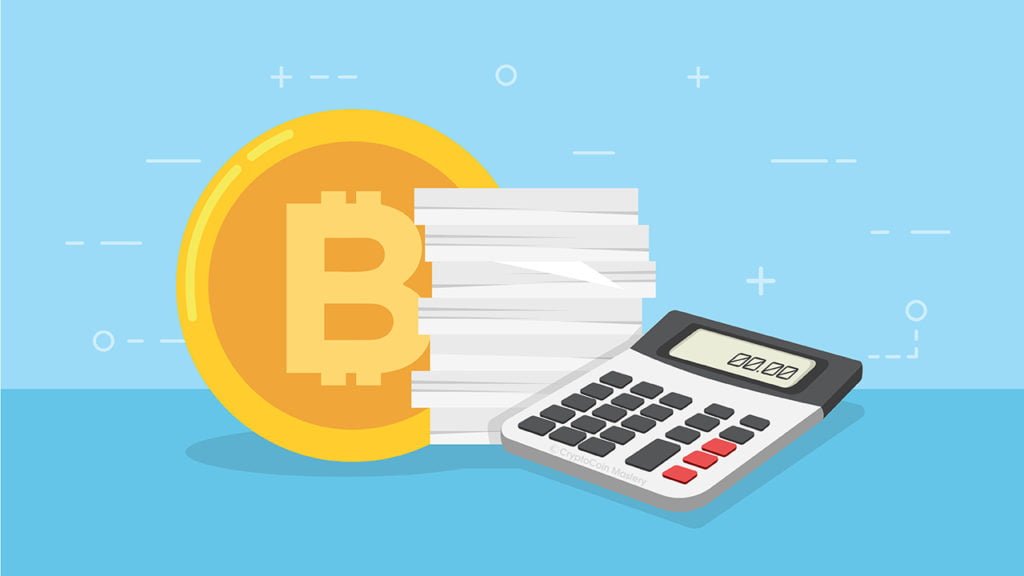 Though cryptocurrency has been around for many years now, it’s still considered new in the investment market. The cryptocurrency market rapidly expands and evolves, making it difficult for outsiders, cryptocurrency miners, and investors alike to understand and monitor.
Though cryptocurrency has been around for many years now, it’s still considered new in the investment market. The cryptocurrency market rapidly expands and evolves, making it difficult for outsiders, cryptocurrency miners, and investors alike to understand and monitor.
The U.S. Internal Revenue Service (IRS) first acknowledged virtual currency taxation in 2014. IRS Notice 2014-21 defined cryptocurrencies as property, making it taxable as a capital gain. While this remains the case, the forms pertaining to crypto traders will look a little different for 2020 tax returns. If you mine any form of cryptocurrency, you may want to review the changes the IRS plans to make for this year’s taxes.
What Changed?
The most significant cryptocurrency tax filing change this year is the alteration to Form 1040, which makes it compulsory to declare cryptocurrency transactions.
As per the latest IRS draft, a question in the first half of the questionnaire reads, “At any time during 2020, did you sell, receive, send, exchange or otherwise acquire any financial interest in any virtual currency?” There was a similar question on Schedule 1 in 2019, but many people didn’t fill out that form since it wasn’t mandatory.
What Does This Mean For Me?
The inclusion of this question in a mandatory form means that you are now legally held accountable for reporting your cryptocurrency transactions. You can no longer try to “play dumb” and avoid crypto tax obligations. Failure to report your crypto transactions can result in IRS penalties.
Since you now need to report your crypto transactions, you might end up having to spend hours tracking and recording every transaction throughout the year. That means using cryptocurrency to make small transactions may no longer be practical.
While the industry has tried lobbying for tax exemption on transactions made under $200, the efforts haven’t been very fruitful. You may also receive a 1099-K if you transact more than $20,000 in payments and make 200 different transactions a year.
How Can I Prepare?
Now that you know the details of the Form 1040 change, the next step is preparing to file by recording your crypto transactions. You need to be very careful and meticulously collect all your transactions and holding data for the year, research the right method for calculating your gains and losses, identify the proper forms, and plan on filing your taxes before the deadline. Here are a few practical things you can to do track down your crypto transactions:
- Download CSV reports from any crypto medium you deal with or invest in.
- If you manage multiple digital wallets, compile all the individual crypto addresses of those wallets.
- Be sure to report cryptocurrency received as gifts or donations as well.
Filing Your 2020 Taxes
To make the actual filing process easier for yourself, you may want to consider hiring a cryptocurrency tax accountant. Crypto tax accountants function similarly to regular accountants, except they focus exclusively on cryptocurrency transactions. Getting help from a crypto accountant can save you a significant amount of time and effort as they can cover weeks of work in a matter of days.
Whether you prepare your taxes yourself or work with an accountant, you should have a basic understanding of how the IRS treats cryptocurrency. As previously mentioned, the IRS looks at cryptocurrency like property. Furthermore, the IRS Frequently Asked Questions on Virtual Currency Transactions page explains that: “When you sell virtual currency, you must recognize any capital gain or loss on the sale, subject to any limitations on the deductibility of capital losses.”
Cryptocurrency and Transparency
Mining and making transactions with cryptocurrency come with a learning curve—and so does filing cryptocurrency taxes. As exemplified in the IRS’s tax plans for 2020, the U.S. government is still navigating how to monitor virtual exchanges.
As an individual crypto trader who abides by the law, it’s your responsibility to document your transactions so you can accurately report your gains and losses when tax season comes. If you don’t have the know-how to track this information, working with an accountant can help you avoid potential mistakes or penalties for noncompliance.







